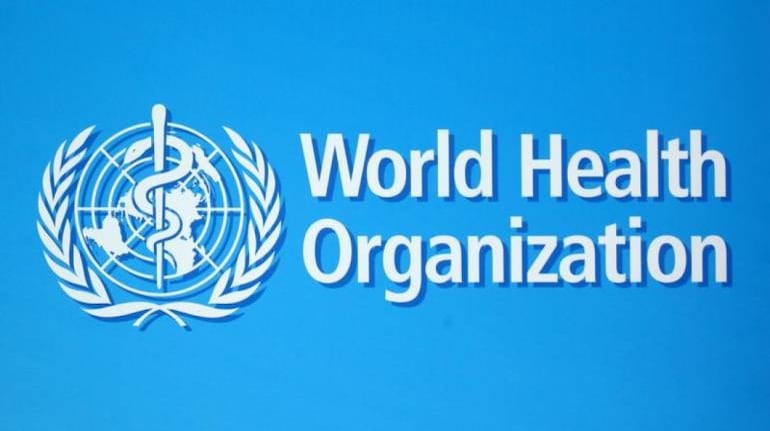



Negotiations on new rules for dealing with pandemics are underway at the World Health Organization (WHO), with a target date of May 2024 for a legally binding agreement to be adopted by the U.N. health agency's 194 member countries.
A new pact is a priority for WHO chief Tedros Adhanom Ghebreyesus who called it a "generational commitment that we will not go back to the old cycle of panic and neglect" at the U.N. agency's annual assembly. It seeks to shore up the world's defences against new pathogens following the COVID-19 pandemic that has killed nearly 7 million people.
WHAT IS THE SO-CALLED PANDEMIC TREATY?The WHO already has binding rules known as the International Health Regulations, which in 2005 set out countries' obligations where public health events have the potential to cross borders. These include advising the WHO immediately of a health emergency and measures on trade and travel.
Adopted after the 2002-2003 SARS outbreak, these regulations are still considered appropriate for regional epidemics, such as Ebola but inadequate for a global pandemic. These regulations are also being reviewed in the wake of COVID-19.
For the new more wide-reaching pandemic accord, member states have agreed that it should be legally binding for those who sign up, overcoming early reservations from the United States.
It would be only the second such health accord after the 2003 Framework Convention on Tobacco Control, a treaty which aims to reduce smoking via taxation and rules on labelling and advertising.
However, the proposed treaty has come under fire on social media, mostly from right-wing critics warning it could lead to countries ceding authority to the WHO. The body strongly refutes this, stressing that governments are leading the negotiations and are free to reject the accord.
HOW DO COUNTRIES VIEW THE PACT?The European Union, which proposed the accord, is seen as its biggest backer. Developing countries, especially in Africa, are keen to use the negotiations to secure better access to vaccines, following allegations of "vaccine apartheid" from the WHO's Director-General Tedros.
After five rounds of formal negotiations, the latest 208-page draft of the treaty still includes thousands of brackets, which mark areas of disagreement or undecided language, including over the definition of the word "pandemic". With so many member countries involved, securing agreement may be tricky.
HOW WOULD IT WORK?It is not yet clear how the 2005 regulations and the new pandemic accord might fit together.
One suggestion is that they should be complementary, so that existing rules apply to local outbreaks with the new rules kicking in if the WHO declares a pandemic - something it does not currently have a mandate to do.
It is also not yet clear what happens if the measures are not followed. A co-chair of the talks said it would be preferable to have a peer-review process, rather than sanction non-compliant states.
WHAT OTHER REFORMS ARE IN THE WORKS?Separate talks on reforming the 2005 rules are taking place, with countries proposing some 300 amendments.
Washington's initial proposals aimed to boost transparency and grant the WHO quicker access to outbreak sites.
China did allow WHO-led expert teams to visit the COVID-19 epicentre in Wuhan, but the WHO says Beijing is still withholding clinical data from early cases that may hold clues about the origins of the SARS-CoV-2 virus.
Negotiators privately grumble about overlap between the two sets of talks and a joint meeting to clarify their agendas is planned.
Discover the latest Business News, Sensex, and Nifty updates. Obtain Personal Finance insights, tax queries, and expert opinions on Moneycontrol or download the Moneycontrol App to stay updated!
Find the best of Al News in one place, specially curated for you every weekend.
Stay on top of the latest tech trends and biggest startup news.